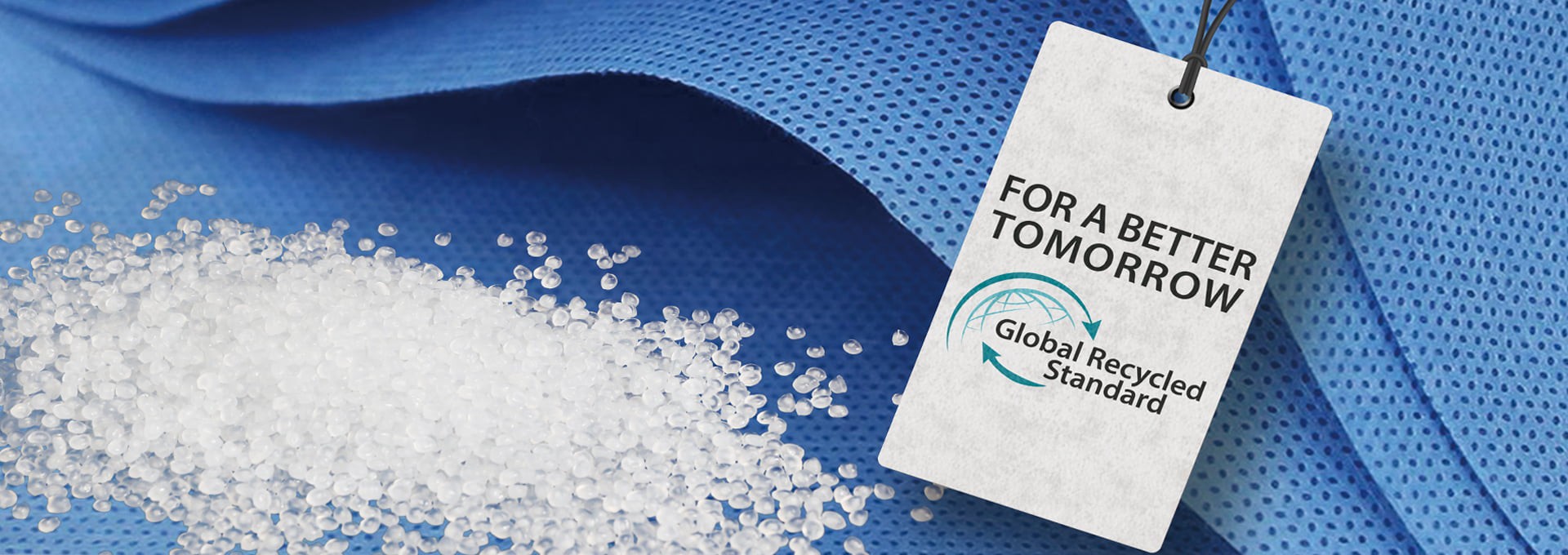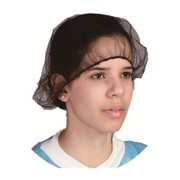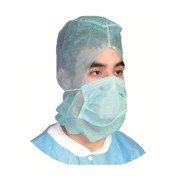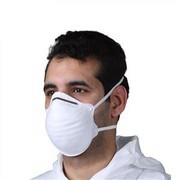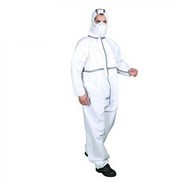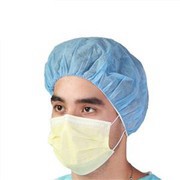Questions about daily mask
May 12, 2022
Questions about daily mask
Face masks are an important part of public health strategies to keep COVID-19 in check. A mask helps to protect you from getting infected. It helps to keep you from infecting others. By masking up together, we slow the spread of the virus in our communities.
What are the different type of masks that people are wearing?
Face masks are roughly divided into three groups: cloth face masks that most people wear in shops and on public transport; the slightly better medical grade masks that are mostly blue, and the even more protective high-grade respirator masks that can look like a duck’s bill.
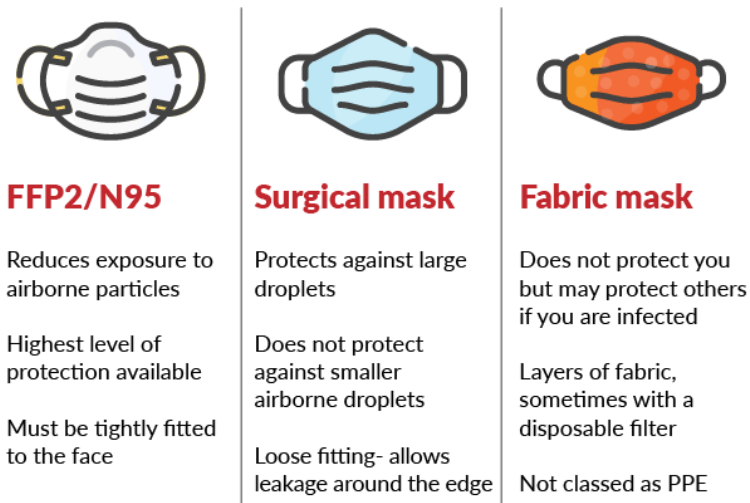
What are the best masks?
The FFP3 respirator face masks and slightly lower grade FFP2 (FFP stands for filtering face piece, by the way) offer the highest level of protection.
They reduce exposure to airborne particles.
These masks must be worn tightly fitted to the face and reduce the wearer’s exposure to small particle aerosols, filtering out at least 95 per cent of these airborne particles. The US equivalents of the FF2 and the FFP3 masks are the N95 and the N99 respectively.
Why aren’t medical grade masks as effective?
Medical masks do not protect against smaller airborne particles. They are often loose fitting, allowing leakage around the edges when the user inhales.
How effective are the basic cloth masks?
Fabric masks or face coverings such as homemade varieties do not protect you but may protect others if you are infected. They are not classed as official personal protective equipment.
Are higher-grade masks suggested ?
Yes. It was advised that a respirator or medical mask rather than a cloth mask should be worn by anyone especially who is a confirmed Covid-19 while infectious, who has symptoms, who is a household contact of a case or who is visiting a healthcare setting or a vulnerable person.

